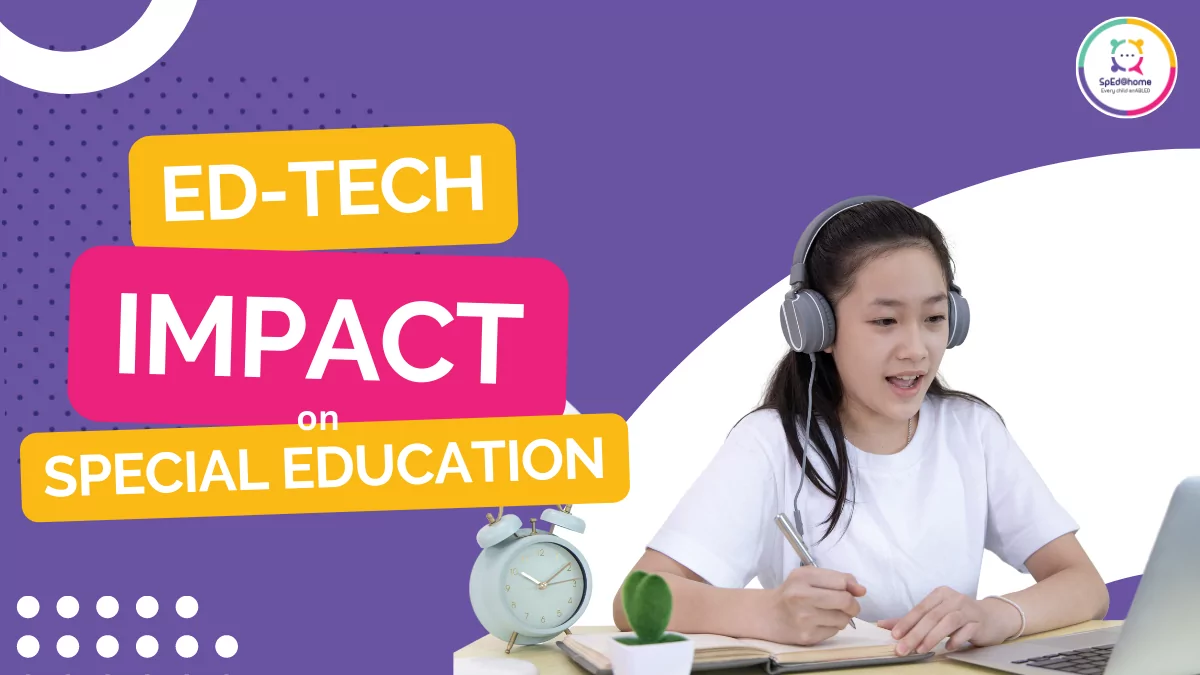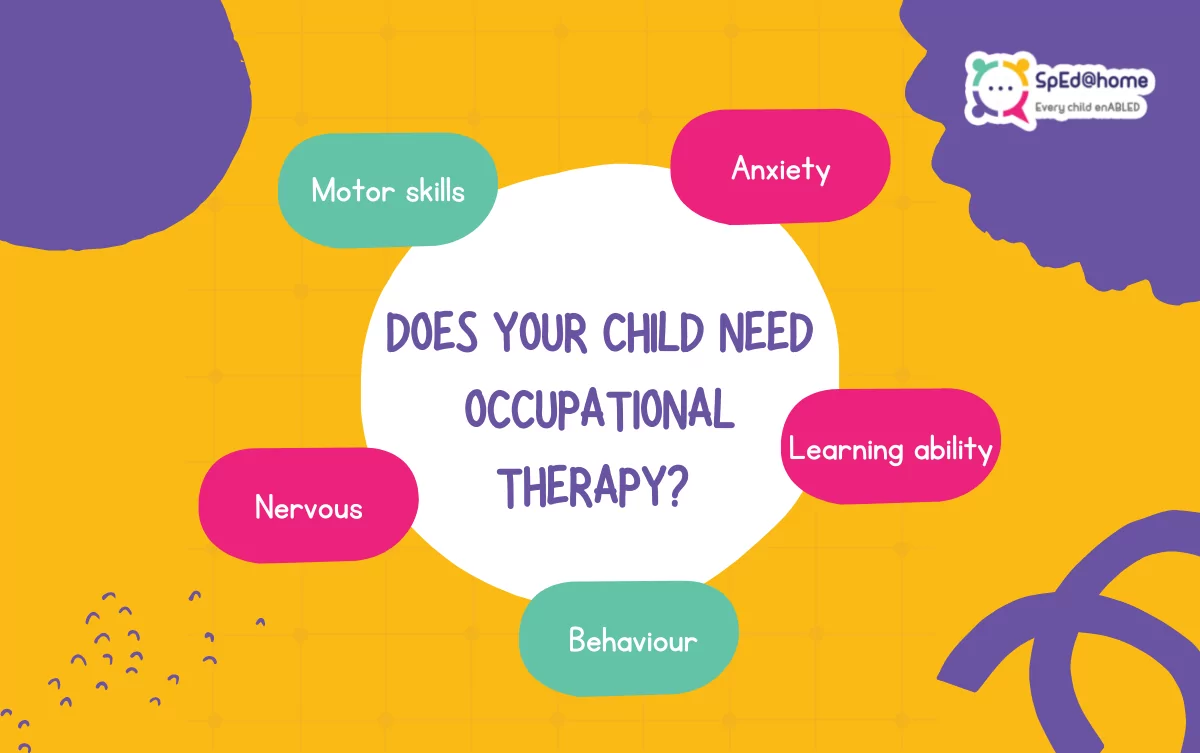In recent years, the field of special education has undergone a remarkable transformation, thanks to the advent of new-age educational technologies. These innovative tools have brought about a seismic shift in how students with diverse learning needs are catered to, empowering them to reach their full potential. By leveraging cutting-edge technologies, educators, parents, and students alike are discovering a world of possibilities that previously seemed unattainable. In this article, we will explore the profound impact of new-age ed-techs on special education, highlighting their benefits and potential to revolutionize the learning experience for all.
Personalized Learning and Accessibility
One of the most significant contributions of new-age ed-techs to special education is their ability to facilitate personalized learning experiences. Traditionally, students with special needs often faced challenges in accessing educational content tailored to their unique requirements. However, with the rise of adaptive learning platforms and AI-driven algorithms, educators can now create customized learning pathways for each student. These platforms analyze individual learning patterns, strengths, and weaknesses, allowing for personalized lesson plans that promote academic growth and build self-confidence.
Additionally, new-age ed-techs have addressed accessibility issues through innovative assistive technologies. These include text-to-speech software, speech recognition tools, and screen readers, which ensure that students with visual or hearing impairments can access educational materials with ease. By breaking down barriers and fostering inclusivity, these technologies empower students to actively engage in the learning process.
Enhancing Communication and Collaboration
Communication is paramount in special education, as educators, parents, and therapists must work cohesively to create the most conducive learning environment for students. Ed-techs have significantly improved communication channels through dedicated platforms and applications. Virtual meetings and real-time messaging services facilitate seamless communication between all stakeholders, enabling them to share insights, progress updates, and address concerns promptly.
Moreover, collaborative platforms have emerged as a game-changer for special education. Students can now collaborate with peers on projects, regardless of physical limitations, fostering a sense of belonging and teamwork. This newfound inclusivity plays a pivotal role in developing crucial social skills, empathy, and understanding among all students.
Augmented Reality and Virtual Reality
Augmented Reality (AR) and Virtual Reality (VR) technologies have brought a whole new dimension to special education. These immersive tools create interactive and engaging learning experiences, making abstract concepts more tangible and relatable. Students can now explore historical sites, travel to distant lands, and engage in virtual simulations, enhancing their understanding of complex subjects.
For students with physical disabilities, VR opens up a world of possibilities. They can participate in physical activities, sports, or events they might not otherwise experience in their daily lives. This boost to their self-esteem and confidence can have a profound impact on their overall well-being and academic performance.
Gamification and Learning Apps
Gamification has proved to be a highly effective strategy in motivating and engaging students with special needs. Learning apps and educational games are designed to be interactive and rewarding, encouraging active participation in the learning process. By turning education into a fun and challenging experience, these technologies help students stay focused and interested, thereby enhancing their retention of information.
Furthermore, learning apps often offer real-time feedback, enabling students to track their progress and identify areas that require improvement. The gamification of learning also promotes a growth mindset, where mistakes are viewed as learning opportunities rather than failures.
New-age ed-techs have undoubtedly revolutionized the world of special education, creating an environment that fosters inclusivity, personalization, and engagement. These technologies have broken down barriers that once limited the potential of students with diverse learning needs, enabling them to thrive academically and emotionally. By harnessing the power of adaptive learning, augmented reality, and collaborative platforms, educators are better equipped to nurture the unique abilities and talents of every student. As we embrace the future of education, it is clear that ed-techs will continue to be the driving force behind the ongoing transformation in special education, empowering students to embrace their journey of lifelong learning.


